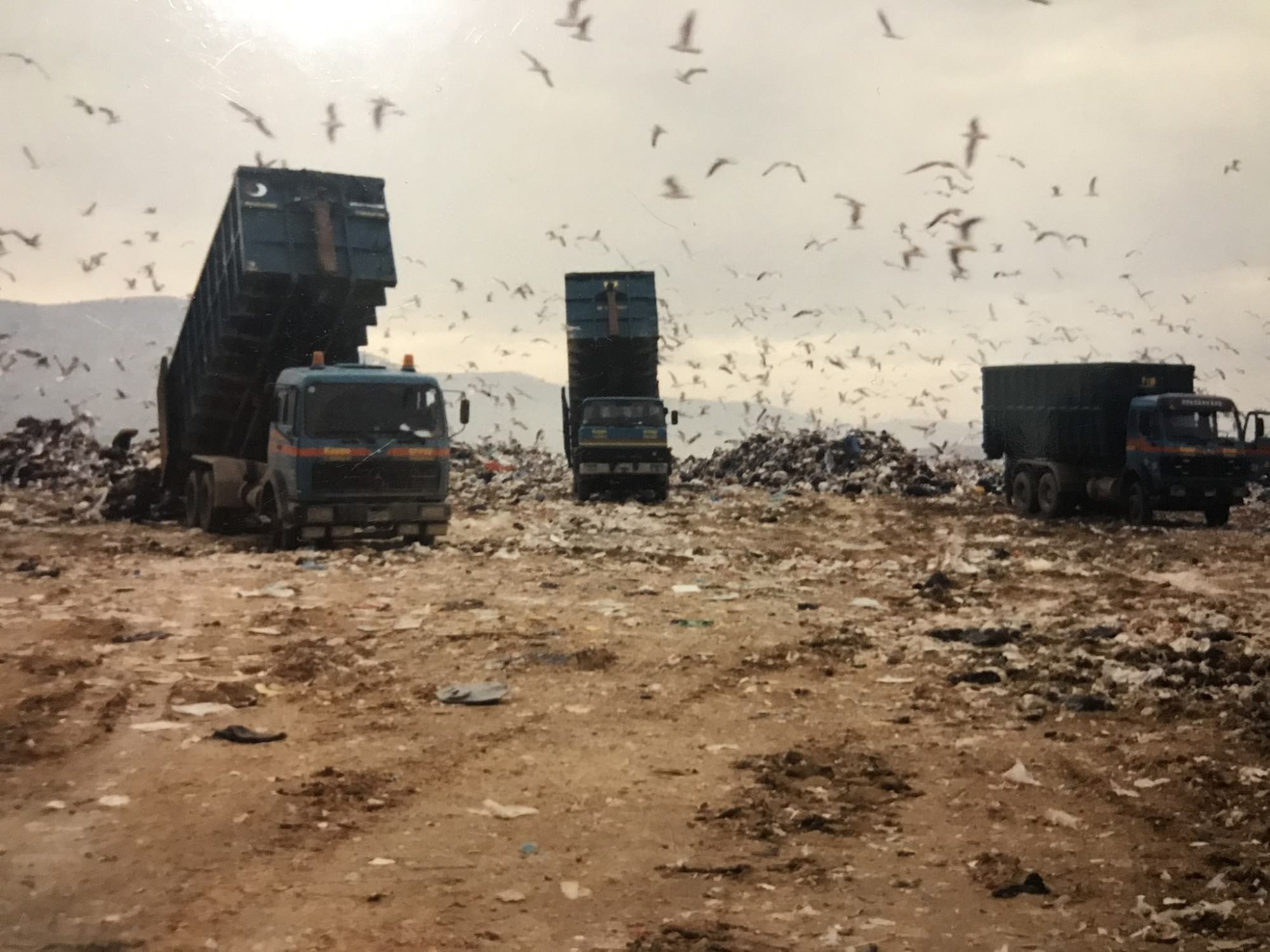World
The Hidden World of Waste: Award-Winning Journalist Rips Open a Toxic Industry
By Belal Awad · August 1, 2023
In brief…
- Journalist Oliver Franklin-Wallis sheds light on the hidden waste industry in his book "Wasteland," exposing the disturbing reality about what really happens to our waste.
- He reveals how waste mostly moves from wealthier countries to the Global South, where it can cause significant environmental problems.
- The book stresses the urgent need for better waste management and recycling practices - and takes a shot at the cynical practice of "greenwashing."
- Franklin-Wallis urges consumers to press companies and governments for substantive change in how they handle waste.

Award-winning Journalist and Author Oliver Franklin-Wallis sheds light on the hidden world of waste in his new book, “Wasteland,”which exposes the multi-billion dollar global waste industry - an industry that operates out of sight, out of mind, and, in may ways, out of control.
The book delves into the fate of our trash and donated clothes the fate of our trash and donated clothes, revealing the shocking journey waste takes after it is discarded. Much of the waste from wealthier countries finds its way to the Global South, causing severe environmental and social impacts. Franklin-Wallis recounted to ABC News his visits to waste sites worldwide, as he witnessed a polluted river in New Delhi and e-waste dumps in Ghana, underscoring the urgent need for dramatic improvements in waste management and recycling practices. At present, only roughly 20% of global waste gets recycled, he said.
Franklin-Wallis challenges the perception that donating clothes to charity always results in a positive impact. In places like Ghana, with its many thrift stores, only a fraction of donated clothing is ever sold, with the rest adding to the local waste burden. Franklin-Wallis urges consumers to press businesses and governments for tangible action, such as reducing plastic production and ensuring actual recycling of materials, rather than tolerating useless, pr-driven greenwashing tactics.
Amid the grim realities of the waste crisis, the author offers hope by spotlighting individuals and communities that are actually making a difference — such as African designers up-cycling fast fashion waste into new designs. However, he stresses the need for people to confront greenwashing and advocate for substantive, result-driven change.
“Wasteland” provides readers with a comprehensive understanding of the global waste crisis and offers a roadmap for a cleaner and more sustainable future. The book urges people to confront the uncomfortable truths about waste and take collective action to protect planet Earth.
For those truly concerned about the state of the world’s waste management and its environmental consequences, “Wasteland” serves as both a wake-up call and a call to action. With the insights drawn from Franklin-Wallis’ extensive research and wide experience, readers can gain a deeper appreciation for the urgency of addressing waste issues and the role each of us can play in advocating for change.
“Wasteland” empowers individuals to join the movement to help make a less wasteful and more sustainable world.